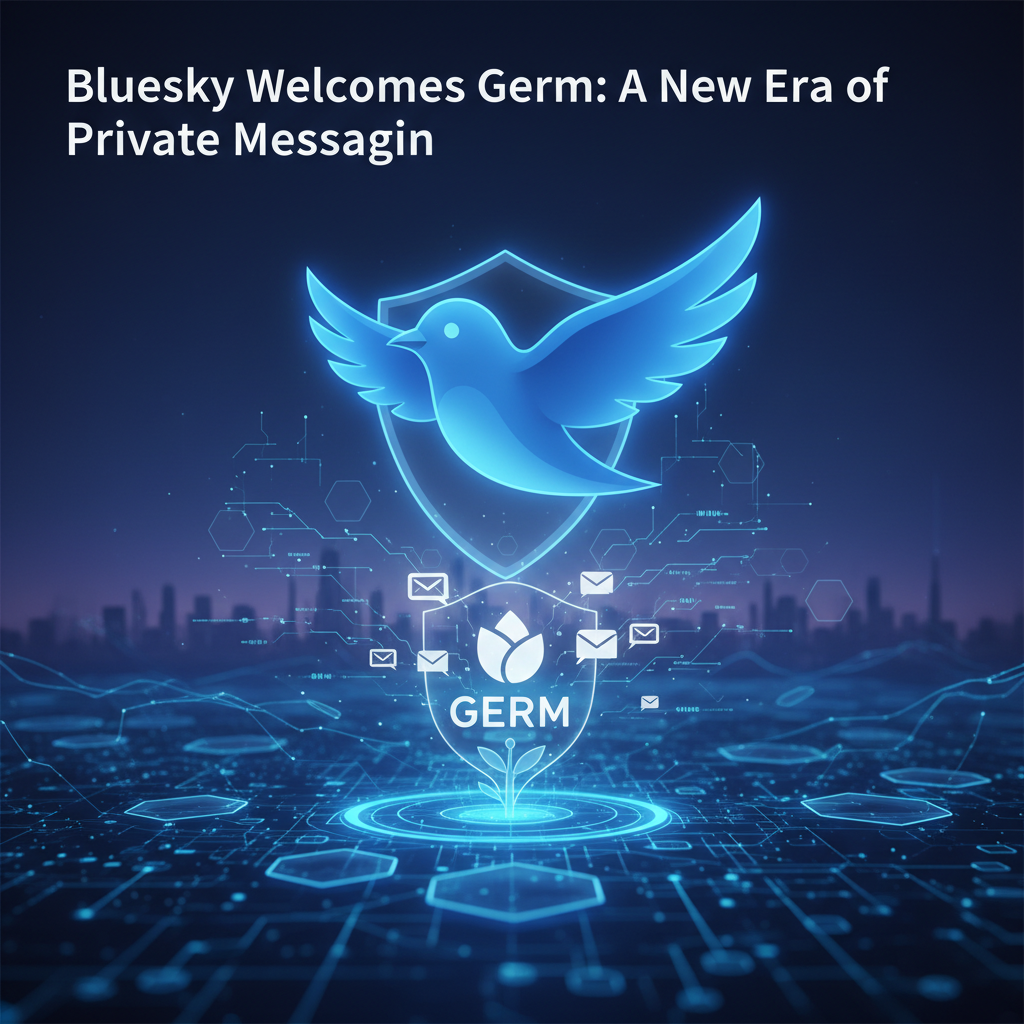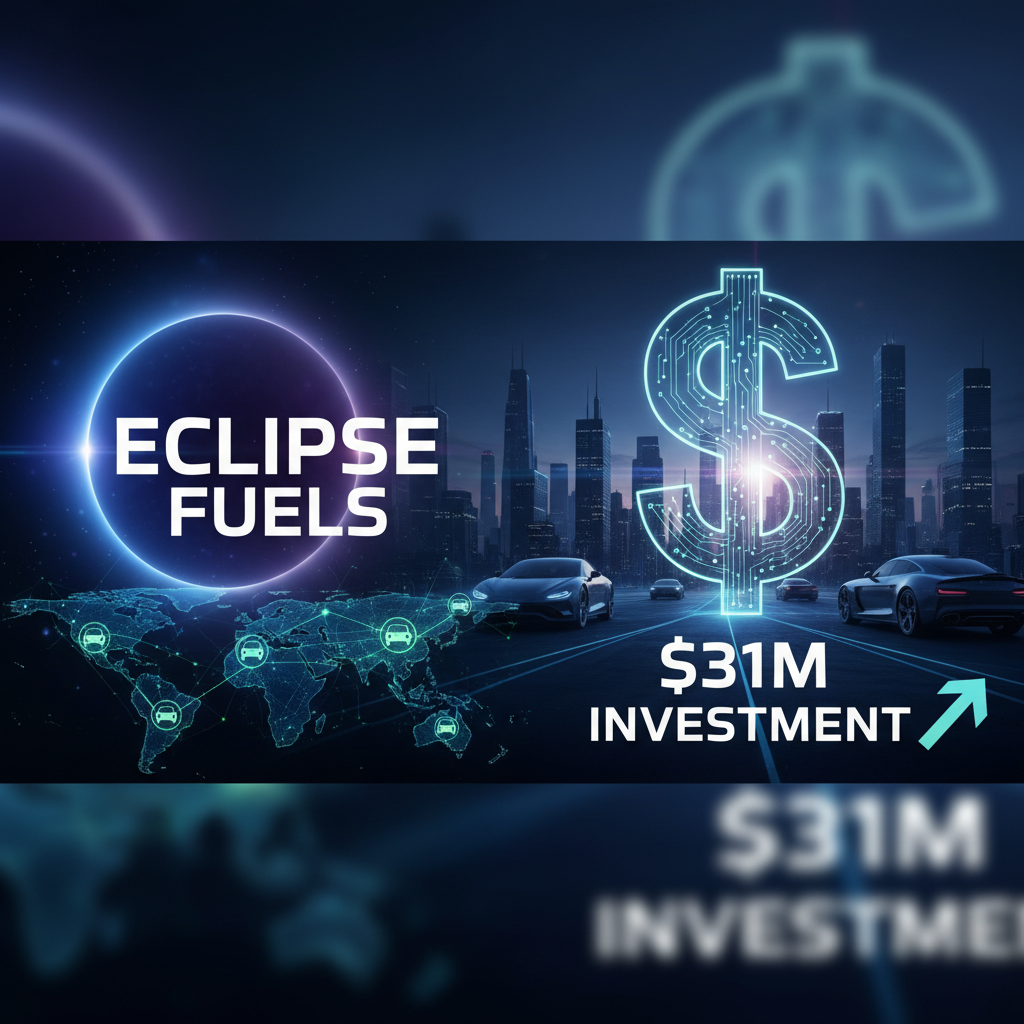InScope Nabs $14.5M to Revolutionize Financial Reporting
Financial reporting, a necessary evil for businesses of all sizes, often feels more like a burden than a benefit. The tedious process of preparing financial statements can be time-consuming, complex, and prone to errors. Recognizing this widespread pain point, a startup called InScope has emerged with a solution, and investors are taking notice. On February 20, 2026, InScope announced it had secured $14.5 million in funding, a significant step towards automating the complexities of financial reporting.
Solving the Pain of Financial Reporting
The core mission of InScope is clear: to alleviate the struggles associated with preparing financial statements. The startup’s founders, seasoned accountants with experience at companies like Flexport, Miro, Hopin, and Thrive Global, intimately understand the challenges businesses face. They’ve seen firsthand the inefficiencies and frustrations that plague the process, and they’re building a platform to address them head-on. By automating key aspects of financial reporting, InScope aims to free up valuable time and resources, allowing businesses to focus on what matters most – growth and innovation.
This $14.5 million in funding is a testament to the potential InScope holds. Investors are clearly recognizing the market need and the value of a streamlined, automated approach to financial reporting. The investment will likely fuel InScope’s efforts to further develop its platform, expand its team, and reach a wider audience of businesses grappling with the complexities of their finances.
The Team Behind the Solution
The team behind InScope brings a wealth of experience to the table. The founders, having worked at companies like Flexport, Miro, Hopin and Thrive Global, understand the intricacies of financial reporting from the inside out. This deep understanding positions them well to develop a solution that truly resonates with the needs of businesses.
The fact that InScope was founded by accountants is significant. These professionals possess the domain expertise required to build a robust and effective platform. Their hands-on experience in the field gives them a unique perspective on the pain points and challenges businesses face, allowing them to create a solution that is both practical and user-friendly. Their experience with such diverse companies adds another layer of credibility and indicates a team that can adapt to the needs of various clients.
What This Means for the Future
The automation of financial reporting has the potential to transform how businesses manage their finances. By removing the burden of manual processes, InScope is creating space for more strategic financial decision-making. The availability of real-time insights, streamlined workflows, and reduced error rates can empower businesses to make informed decisions and drive growth.
As InScope continues to evolve, it’s likely to become an indispensable tool for startups and growing businesses. By solving the pain of financial reporting, InScope is not just simplifying a process; it’s empowering businesses to thrive.
With its recent funding of $14.5 million and a team of experienced professionals at the helm, InScope is poised to make a significant impact on the world of financial reporting. The company’s commitment to automation and its deep understanding of the challenges businesses face position it for success in a rapidly evolving market.









